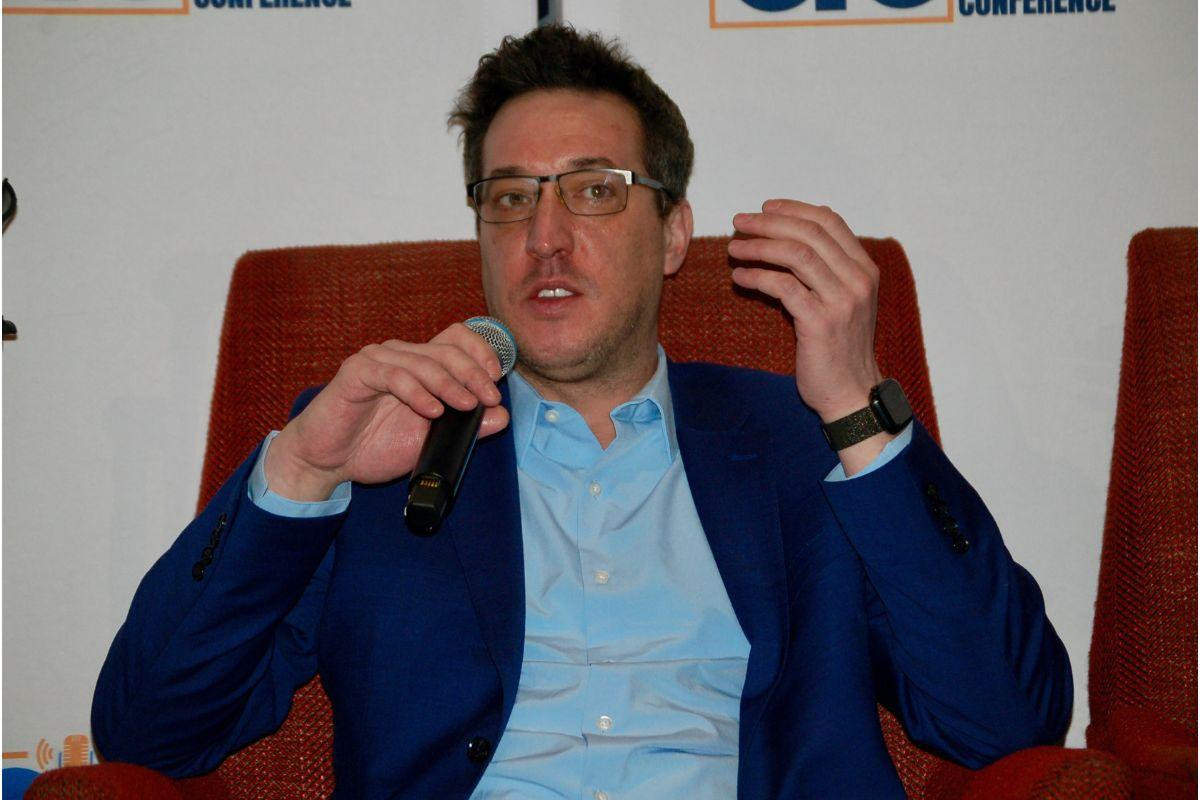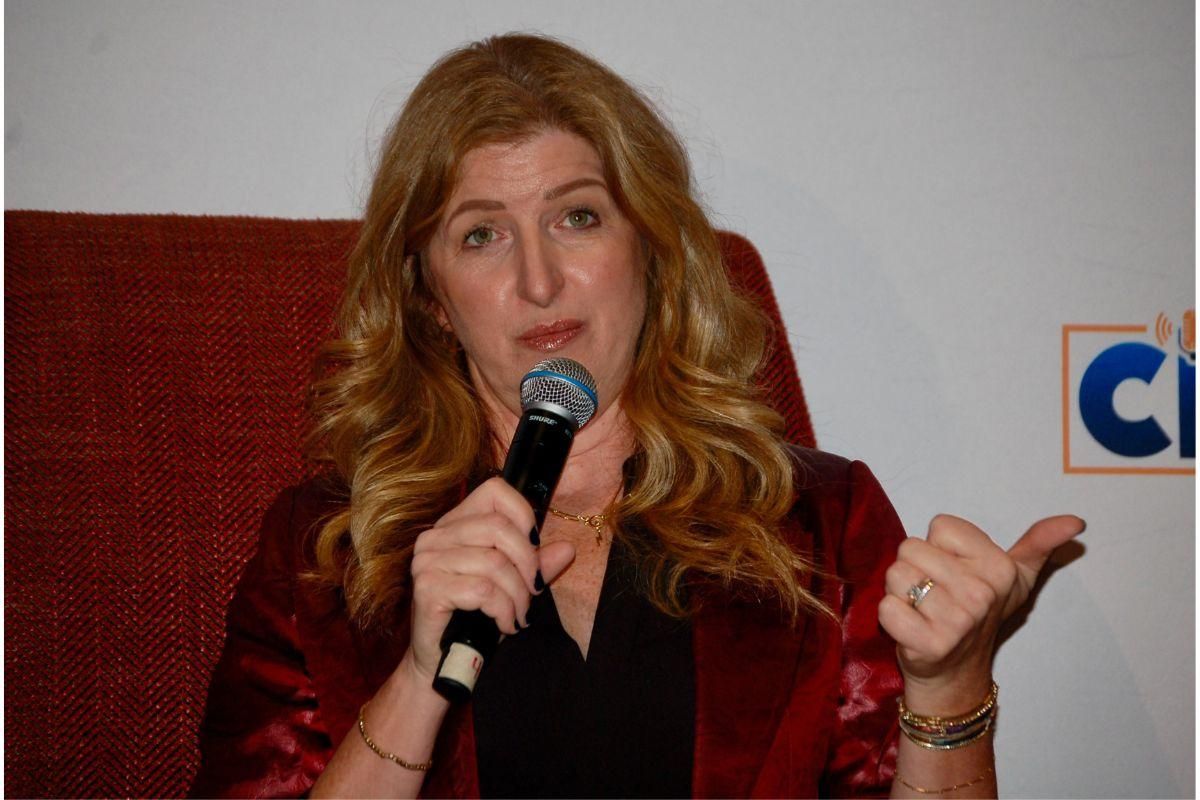Several automakers at the recent Collision Industry Conference (CIC) in Palm Springs, CA, provided updates on their body shop certification programs.
Kelli Doherty, who manages the collision repair network for General Motors, said the program now has more than 2,800 dealer-owned and independent U.S. shops participating in at least one of the program’s four tiers -- basic; battery electric; specialty, such as the Cadillac CT6; and fleet.
“Recently we added what we call ‘fleet,’ which is essentially a medium-duty delivery van that we call BrightDrop, so that’s making a big splash,” Doherty said. “It’s now badged as a Chevrolet, and we’re working to grow that network as well.”
There are parts for those vehicles that will be sold only to fleet-certified shops.
Doherty also discussed the role of the GM Collision Assistance app in pointing drivers to a GM-certified shop after an accident. Launched this past October, the app -- branded differently for each GM line of vehicles -- sends a pop-up notification to the driver’s phone about 10 minutes after a crash is detected. It then helps guide them through collecting information about the incident. Lastly, it offers them a list of GM-certified shops in the area.
Doherty said in addition to providing customer assistance, the app can also help GM-certified shops see a return on their investment in qualifying for and participating in the program.
Without providing a precise timeline, Doherty said “eventually” the app will provide customers a list of only the GM shops certified to repair their particular vehicle model.
“For instance, if you’re driving a beautiful Corvette, the app will serve up only shops that are certified for that Corvette,” Doherty said. “There’s nothing worse than taking a vehicle to a shop and being told, ‘This car has restricted parts, I can’t fix it. You’ve got to go down the road.’ So we want to take that pain point out for the consumer.”
She said the program regularly reviews the lists of tools and equipment required in each tier of shop certification.
“That happens, obviously, when there’s new model changes, but additionally we review these lists with our engineers four times a year just to make sure that we have the latest and greatest,” Doherty said. “Specifically, we’re looking at spec-based tools and equipment. We’re not in the business to sell the tools. We’re just trying to make sure that you have the correct equipment to repair the vehicle. So it’s really important that it’s spec-based, for one thing,” rather than requiring a specific tool or piece of equipment.
“But we’re also open to new tools and equipment. There’s constantly new technology out there, and we’re not close-minded,” Doherty added. “There might be a better [option] out there. So we’re constantly reviewing new tools. We’ll bring them in house, we’ll test them and make sure that they meet our specs.”
New EV-Certified Shop Tier
Also during the presentation at CIC, Ken Park said he started with Volvo in 2017 to develop that company’s shop program in the U.S., which has since grown to 297 shops. He offered an overview of two new Volvo models being introduced this year, both electric vehicles: the EX90 flagship model, and the EX30, which has a starting price of just below $35,000 without incentives.
 Ken Park.
Ken Park.
“You have to be Volvo certified to get on our EV tier,” Park said. “It’s going to be a two-tier program. We’re not looking for all of our shops to be EV certified. We’re probably looking for about 10% of our current shops to get EV certified over the next 12 to 24 months. We know certain parts of the country are filled with more EVs, are more interested in having EVs than others.”
He said Volvo offers 20 web-based courses, and will have a five-day hands-on course provided by I-CAR at its Chicago area training center. The program will require shops to have two trained technicians.
The battery itself in the vehicles is 110 kilowatts and 1,800 pounds, but Volvo will require its EV shops to have at least 2,700 pounds of battery table lift capacity.
“We want to make sure you’re future-proofing so you can use it in case 150 kilowatt batteries” are in future vehicles, Park said.
Certification also will require at least two EV chargers -- one interior, one exterior -- two 1234yf refrigerant recovery machines, and wheel dollies with a minimum of 1,750 pounds per unit. He said the EX90 is about 7,000 pounds, so while a 3.5-ton lift is all that is required, he strongly advises shops looking to buy a new lift to look at a 5-ton model.
Park encouraged shops to use the OEM1stop.com website to make sure they have all the position statements provided by each of the automakers. He noted that Volvo added five in the final quarter of last year alone, related to topics such as post-collision steering column inspections, vehicle scanning and diagnostics, and glass replacement.
“Our position statements are very direct and beneficial to the industry,” Park said. “For those who are not using position statements, I truly advise you to start doing so. I can tell you countless times that I’ve gotten calls from body shops trying to repair vehicles properly and they denied certain aspects of it [by insurers]. Once they show the insurance company the position statement, which in some areas are recommended or a requirement from the OEM, nine times out of 10 they’ll get that repair approved.”














John Yoswick